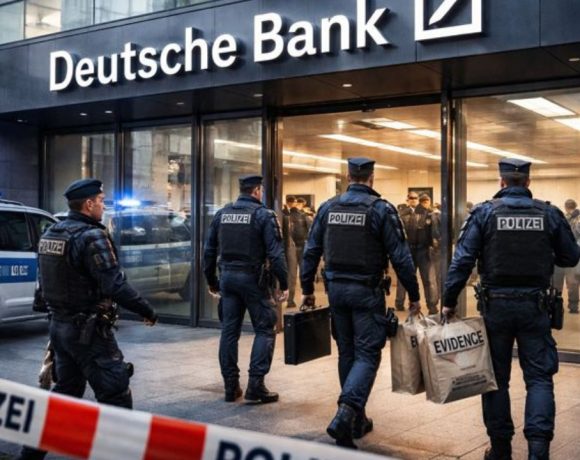
Germany will remain closer to the United States than to China, despite recent tensions in transatlantic relations, Foreign Minister Johann Wadephul said on Monday. Speaking in Singapore, Wadephul stressed that Germany is “not in equidistance” between Washington and Beijing, adding that the U.S. continues to be Europe’s most important partner, particularly when it comes to security.
He acknowledged growing friction with Washington, including criticism from the Trump administration over Europe’s defence spending and reliance on U.S. military support. However, Wadephul warned against turning to China as an alternative, saying it would be the “wrong answer” for Europe to assume that closer ties with Beijing could replace the U.S. relationship, even as some Western countries pursue new trade deals with China.
Wadephul said Europe’s firm and united response to U.S. claims over Greenland showed the continent could defend its interests by clearly defining red lines. He also highlighted the European Union’s expanding network of free trade agreements as a key pillar of rules-based global trade and said the bloc is moving quickly to finalise new deals in the Asia-Pacific region, including with Malaysia, Thailand, the Philippines and Australia.
Pic courtesy: google/ images are subject to copyright









